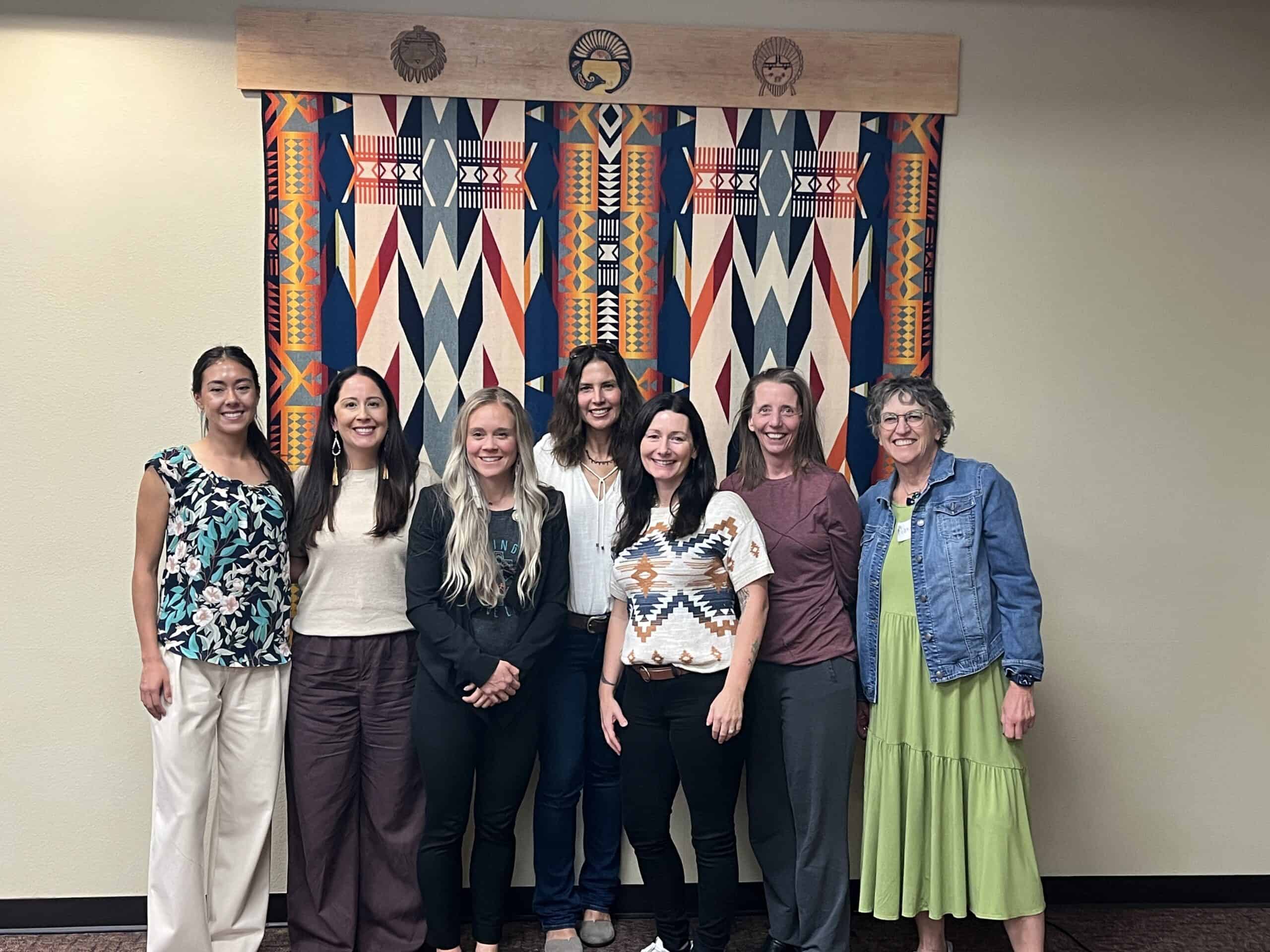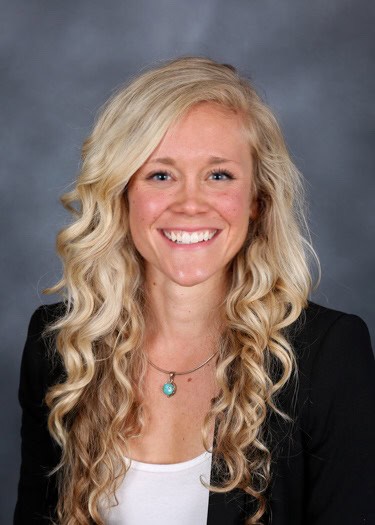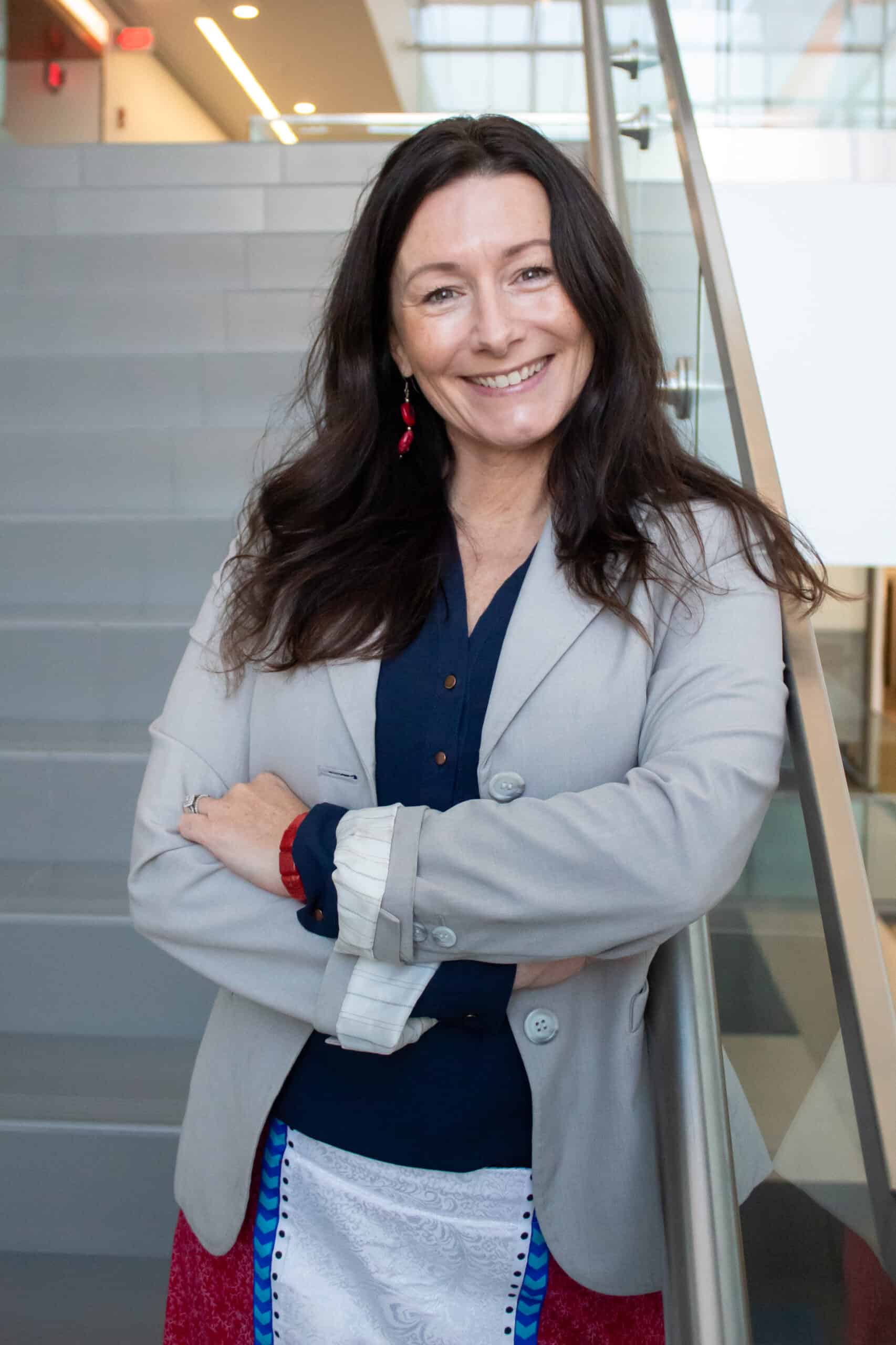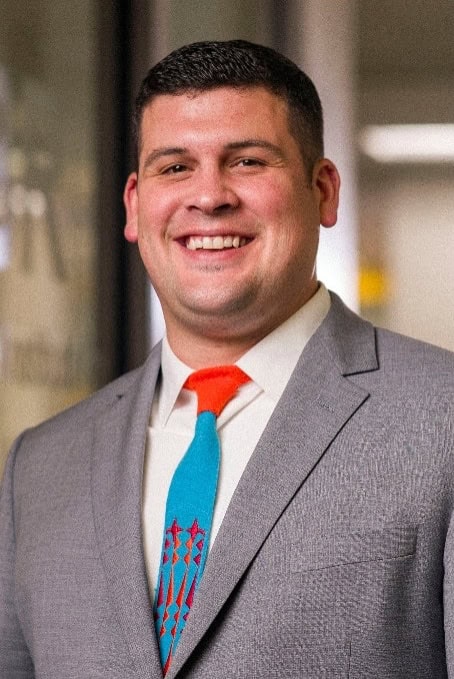CIRCLE Fellowship
Overview
In 2023, the Johns Hopkins Center for Indigenous Health was awarded a National Institute on Drug Abuse (NIDA) Center of Excellence (P50DA058619) to support the Center for Innovative Research, Capacity Building and Leadership Development to End Substance Use Harms (CIRCLE) Center to address substance use inequities in collaboration with Indigenous communities in the United States.
The CIRCLE Fellowship supports individuals who are members of a federally recognized tribe and allied new investigators to partner with Indigenous communities to conduct pilot research on the science of substance use prevention, treatment, and policy. All CIRCLE Fellows incorporate the following in their pilot research:
- Promoting Indigenous & Allied Leadership
- Community/Tribally Based Participatory Research (C/TBPR)
- Equitable and Tailored Public Health
- Strengths-Based approaches, with attention to Indigenous cultural frameworks of health

CIRCLE Fellowship Funding and Support
CIRCLE Fellows are awarded up to $50,000 over two years to conduct pilot research. One to two Fellowships are awarded per year.
CIRCLE Fellows are integrated into CIRCLE Center research, training, and mentorship opportunities, including:
- CIRCLE Center Quarterly Collaboratives, which are virtual meetings to promote team science and collaboration. They include brief updates on progress and challenges, upcoming events, collaborative opportunities, and announcements about relevant trainings, workshops, resources, and activities.
- The CIRCLE Center Annual Summit, which is an in-person meeting to foster synergy across the Center. The Summit includes progress reports by CIRCLE Cores and Fellows, break-out discussions, and publication and outreach planning.
- CIRCLE Fellows Mentorship and Training activities, which include a virtual kick-off meeting to welcome Fellows, determine mentorship needs and identify didactic sessions to meet Fellows’ needs, as well as quarterly CIRCLE Fellows virtual meetings. Mentorship and didactic sessions are tailored to Fellows’ needs but may include: grant writing, grants management, compliance with federal regulations/policies/human subjects protections, tips and tricks for writing productivity, CBPR/TDPR, and Indigenous Research Methodologies.
Fellows are also encouraged to avail themselves of additional CIRCLE Center resources including:
- The CIRCLE Center Elders in Residence (EIR) Program, which offers culturally appropriate support to enhance spiritual and cultural connections and uplifts Indigenous perspectives and ways of knowing in research.
- The CIRCLE Center Research Core, which provides comprehensive research design, methodological, and analytic support in:
- Indigenizing methodologies and measurement
- Community partnerships and culturally responsive engagement
- Substance use epidemiology
- Quantitative, qualitative, and mixed methods
- Multilevel and mixture modeling
- Implementation science
- Data management, sovereignty, and stewardship
- The CIRCLE FUN (Facilitating Support for Understanding Methods in Native Health Research) WIP (Work-In-Progress) and Analytic Meetings, which are held virtually on a biweekly basis to address requests for methodological support or novel methods.
- The CIRCLE Indigenous Methodologies Journal Club & Webinar Series, which is held virtually on a quarterly basis.
- The CIRCLE Resource Repository which includes examples and templates of research study materials, such as IRB protocols, consent forms, Data Safety and Monitoring Plans, recruitment materials, etc.
- The CIRCLE Measurement Repository which includes validated scales and measures used in diverse Indigenous contexts, including sources, adaptations, implementation details, and downloadable materials.
CIRCLE Fellowship Leadership
Dr. Victoria O’Keefe (Cherokee Nation/Seminole Nation) at the Johns Hopkins Center for Indigenous Health (CIH), Johns Hopkins Bloomberg School of Public Health.
Dr. Michelle Sarche (Lac Courte Oreilles Band of Ojibwe) at the Buffett Early-Childhood Institute, University of Nebraska.
Dr. Nancy Whitesell at the University of Colorado Anschutz Medical Campus, Colorado School of Public Health, CAIANH.
Meet our CIRCLE Fellows: 2024 Cohort

Stefanie Gillson, MD (Dakota-Santee Sioux)
Dr. Stefanie Gillson is from Mni Sota Makoce also known as Minnesota and the Dakota homelands. She is a psychiatrist at the Yale Child Study Center and a fellow in the Yale National Clinician Scholars Program. She received her medical degree from the University of Minnesota, attending the Duluth campus where her training was focused on Indigenous Health. She finished her General Psychiatry Residency and Public Psychiatry Fellowship at Yale University in 2021 and served as Chief Resident of Diversity, Equity, and Inclusion. She subsequently graduated from Child and Adolescent Psychiatry Fellowship in 2023 from the Yale Child Study Center where she was Melvin Lewis Medical Student Teacher of the Year. Throughout this time, she served as the co-founder of the Yale Women’s Mental Health Conference and Yale Women’s Housestaff Association.
Her research is focused on community-based initiatives to address mental health disparities among Indigenous youth and communities, using both historical and contemporary perspectives while emphasizing cultural strengths. She is an active member of the Association of American Indian Physicians where her primary focus is recruiting Indigenous youth into the medical field.
Dr. Gillson’s medical practice is grounded in the belief that many health outcomes are rooted in social inequalities, for Indigenous peoples, and historical colonization policies. She believes that working together with communities clinically as well as from a research perspective can improve health equity and social justice.
Outside of the academic life, you will find her with her family or running with the New Haven Road Runners.

Julie Smith-Yliniemi, PhD, LPCC, NCC (Ojibwe)
Dr. Julie Smith-Yliniemi is an assistant professor and Director of Community Engagement at the Indigenous Trauma & Resilience Research Center, University of North Dakota. She is Ojibwe, from the White Earth Indian Reservation. Committed to improving Indigenous and underserved populations’ health, she has a background in health education, school counseling, grant management, and clinical mental health therapy. Julie weaved trauma therapy with Native American traditional healing, co-developed the first domestic cultural immersion event with the National Board for Certified Counselors (NBCC), and managed an MSPI grant for the White Earth Nation. Collaborating with communities, institutions, and agencies, she focuses on community-engaged research to improve health outcomes. Julie is a board-certified counselor and school and professional clinical counselor with thirteen years of experience in K-12 public and tribal school systems. She holds a master’s in counseling from Minnesota State University – Moorhead, a Master of Public Health-American Indian Public Health certificate from North Dakota State University, and a Ph.D. in counselor education and supervision. A 2015 NBCC Minority Fellowship Program fellow, Julie is passionate about preparing students to work with diverse backgrounds. She lives with her family in Detroit Lakes, MN, enjoying yoga, travel, outdoor activities, and sharing her culture and travel experiences with others.

Evan White, PhD (Absentee Shawnee Tribe of Oklahoma)
Dr. Evan White is an enrolled member of the Absentee Shawnee Tribe of Oklahoma. He belongs to the Shawnee Chapter of the Native American Church of Oklahoma and the Whiteoak ceremonial grounds. He is a Principal Investigator and Director of Native American Research and the Electroencephalography Core at the Laureate Institute for Brain Research. The focus of his work is employing clinical cultural neuroscience to improve mental health outcomes among American Indians. His pilot research project is titled “The intersection of Sociocultural Factors and Neurocognitive Function in Understanding Salutogenic effects related to Substance Use Outcomes in American Indian Peoples.” The goal of Dr. White’s research is to integrate clinical and cultural neuroscience to identify modifiable factors as candidate treatment targets for mental health intervention and prevention.
Dr. White’s CIRCLE pilot project aims to: 1) Identify links between neural markers of cognitive functioning (cognitive control and reward processing) with protective factors and/or substance use (SU) outcomes; 2) Identify neural markers of cultural stimuli responding and delineate the relationship with protective factors and SU outcomes; and 3) Hold a community-wide health-research dissemination event (e.g., present infographics, booklets) to directly inform the local AI community of recent and salient scientific findings.
Applying to the CIRCLE Fellowship
Interested in applying to be a CIRCLE Fellow? The request for proposals (RFP) is now open.
To apply to be a CIRCLE Fellow or review this year’s RFP, please reach out to Drs. Victoria O’Keefe (vokeefe3@jhu.edu) and Michelle Sarche (michellesarche@nebraska.edu).